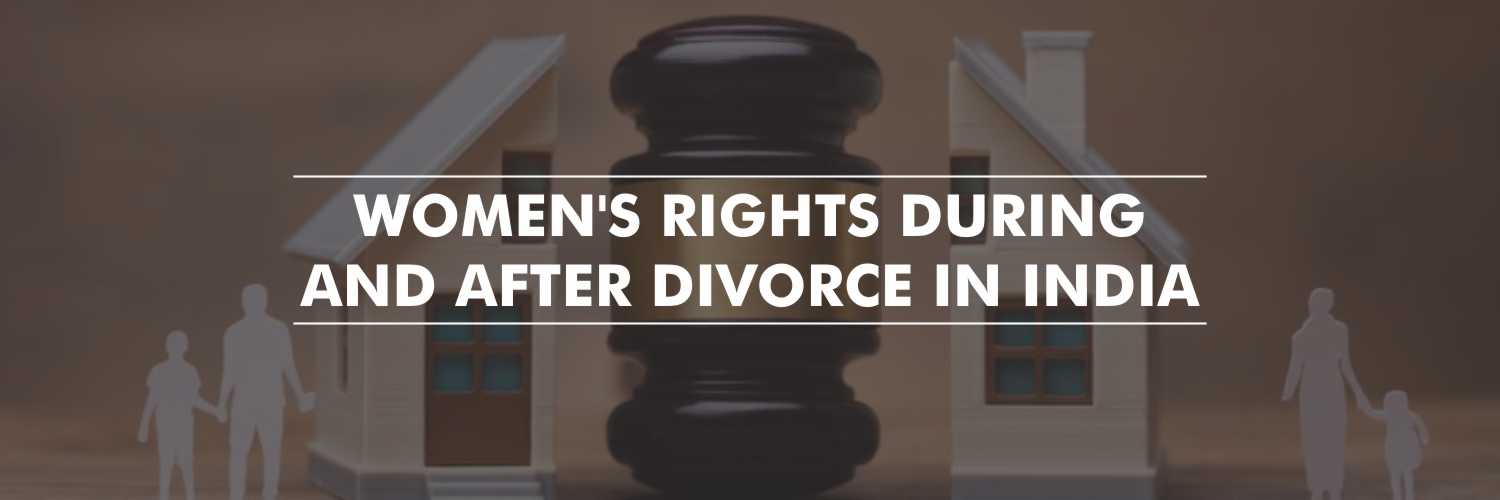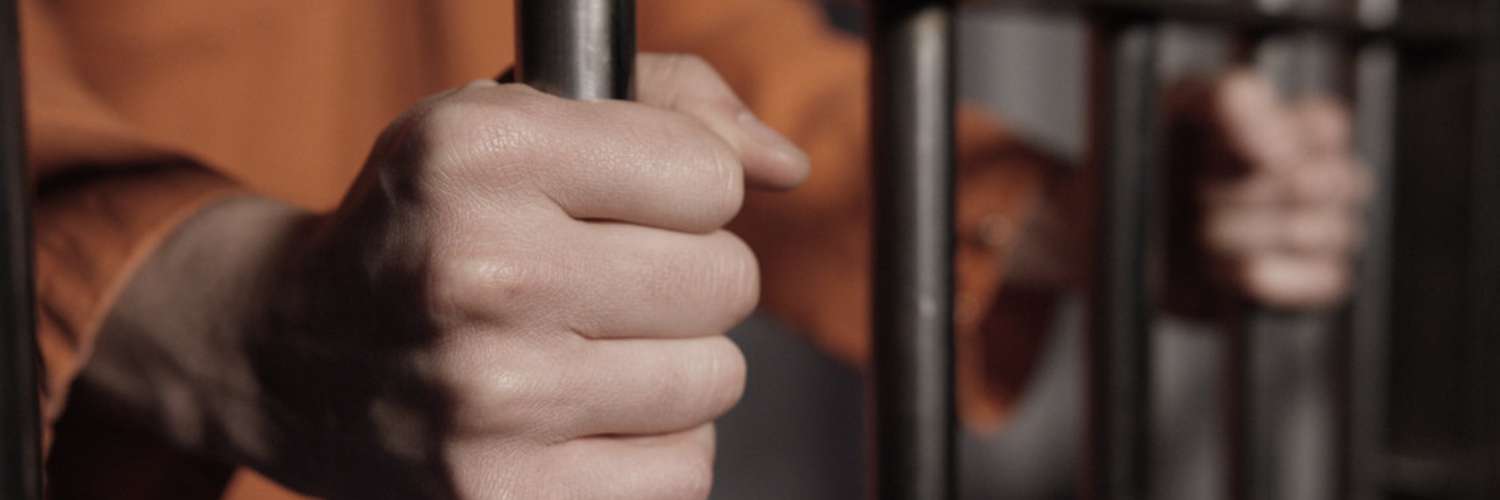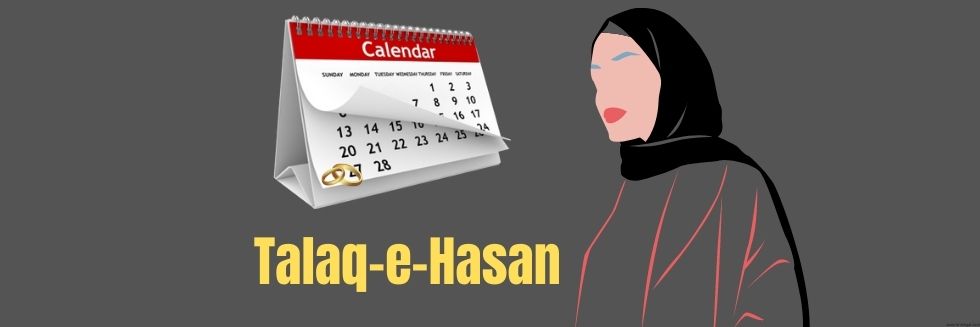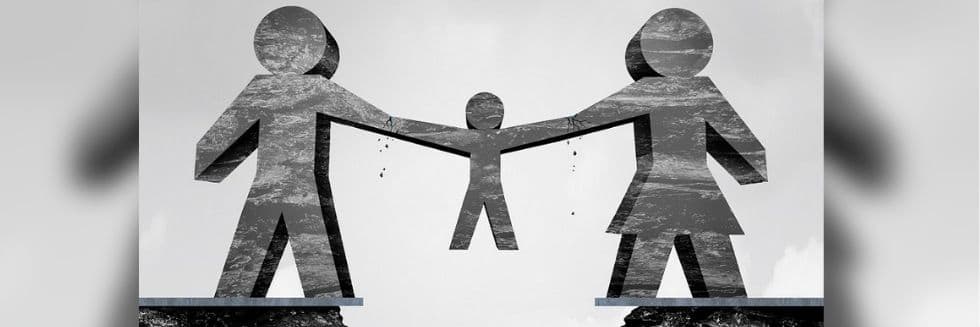“The battle of the individual rights of woman is one of the long-standing and none of us should countenance anything which undermines it.”
-Eleanor Roosevelt.
What are my rights as a wife in divorce? Can a wife claim the husband’s property after divorce in India? All these questions keep troubling a lady who doesn’t have any source of income or is having children to raise on her own. No doubt that a woman is the strongest creature on the earth. But unfortunately, when a woman is going through the most traumatized phase of her life i.e., divorce, she needs support. The females who have compromised with their careers in order to manage their married life will surely need some financial support at the time of divorce due to not being independent. So there are specific laws and Acts that outline the rights of a woman after divorce in India.
In addition to delineating the importance of financial support, Indian law also stresses over other rights of a woman during and after the divorce which can be child custody, Streedhan, property rights, or place for residence.
Alimony and Maintenance in Divorce
The happiness of marriage comes with a whole lot of responsibilities. The husband is required to take care of the wife for a lifetime as the law imposes a moral obligation on him to do so. But when things fall apart, both the spouses decide for the dissolution of marriage for this relation being a quagmire. One cannot just end this sacred alliance so easily. Because the responsibilities are still there to comply with. A man is obliged to provide the allowance for the sustenance of his wife, child, and parents.
Indian lawmakers formulate the laws by taking into account every future possibility. The physical needs, i.e. food, shelter, clothes and other basic requirements for easy survival need to be provided to the dependents. All the rules are better explained in maintenance under Section 125 of CrPC. In addition, some personal laws are also there which govern these maintenance and alimony rules. This ensures avoiding vagrancy and destitution of the wife in the event of separation or divorce.
Maintenance and alimony, both come under the rights of a woman for financial support purposes. The conditions where a woman is not able to maintain herself can claim for the financial support from the husband. This financial support can be provided in particularly scheduled payments (maintenance) or the amount can be given in lump sum amount (alimony).
The rule will be a little different when the marriage has taken place under the Special Marriage Act 1954, i.e. it is the wife only who can claim the maintenance. But when the couple has solemnized the marriage under the Hindu Marriage Act, 1955, the court will decide the seeker of alimony or alimony after scrutinizing the living conditions of both the spouses. The husband can also file the petition for maintenance when he is not competent enough to fulfill his basic needs. And the court will grant the order according to the status and earnings of both the parties. And while providing the maintenance to wife, the court will examine remunerations, assets, other sorts of incomes and also the wife’s income
Child Custody
The one who suffers the most in the entire divorce process is a child if there is any. That innocent also needs to get the best guardianship and care. The Guardian and Ward Act, 1890 governs the child custody rules in India along with the personal laws like the Hindu Minority and Guardianship Act, 1956, Hindu Marriage Act, 1955, and the Muslim personal laws. The judiciary ensures the result in the best interest of the child. The child custodian must be competent enough to keep the child safe, provide the right education, maintaining the ordinary expenses, and providing the best parental care.
Child Custody Rules in India
It is not only the couple who suffers from an unhappy marriage. But the child goes through a lot of psychological disturbance. Indian judicial system tries to attenuate the child sufferings to the greater level. The two major acts which have greater significance in such custody matters are Guardianship and Ward Act, 1890 and Hindu Adoption and Maintenance Act, 1956. And Child custody is categorized into:
- Physical custody.
- Joint custody.
- Legal custody.
- Third-party custody.
Most probably, it is the father who is supposed to get child custody due to maintenance reasons. But the Indian constitution takes every aspect into account and makes provisions accordingly. The child needs extreme care at the infant stage and no one can do that better than the mother. So child custody under Hindu law and child custody under Muslim law, both have special provisions for the rights of parents.
While deciding child custody under Hindu law, two acts i.e., Guardianship and Wards Act, 1890 and Hindu Minority and Guardianship, 1956 play a key role to reach a decision. The child will remain with the mother until the age of 5 years. And then the custody passes over to the father till the minor attains the age of 18. And after the age of 9, the court will consider the child’s consent for which parent he/she wants to reside with.
And when it comes to the custodian and guardianship under Muslim law, in Hanafis, Hizanat gives it entirely to the mother. But not in the case when the mother is either not physically or mentally sound or treats the child brutally. Hizanat is one of the in Hanafi Muslim laws that deal with child custody matters.
Property Rights of a Woman in Divorce in India
Currently, women have no right over the husband’s property after divorce. The Marriage Laws Amendment Bill, 2013 was proposed in 2010 and passed on August 26, 2013, by the Rajya Sabha and according to this bill, the wife could claim or possesses 50% of the husband’s residential or immovable property irrespective of the fact whether it is possessed before the marriage or after marriage. However, the said Bill has now lapsed.
Streedhan
Any kind of property or gifts(movable or immovable) that a bride receives at the time of marriage or before marriage from relatives is called as Streedhan. This Streedhan is completely different from dowry as this doesn’t involve any element of coercion and is voluntarily given gifts. The Indian women’s rights to Streedhan are protected under Section 27 of the Hindu Marriage Act, 1955 and Section 14 of the Hindu Succession Act. The wife is having the liberty to sell, alienate, use, or gift this property to whomsoever she wants.
So these all are the rights of a woman getting divorced in India and an expert lawyer will surely come up with viable divorce advice for women. But make sure these rights are complimenting their objectives properly to empower women, instead of their abuse to trouble innocents.
This article is written by Anjali Bisht. The author can be contacted via email at anjali@bnblegal.com
For more information and professional consultation regarding divorce matters, our expert divorce lawyers in Chandigarh can be contacted from Monday to Friday between 10:00 am to 6:00 pm and between 10:00 am to 2:00 pm on Saturdays.







